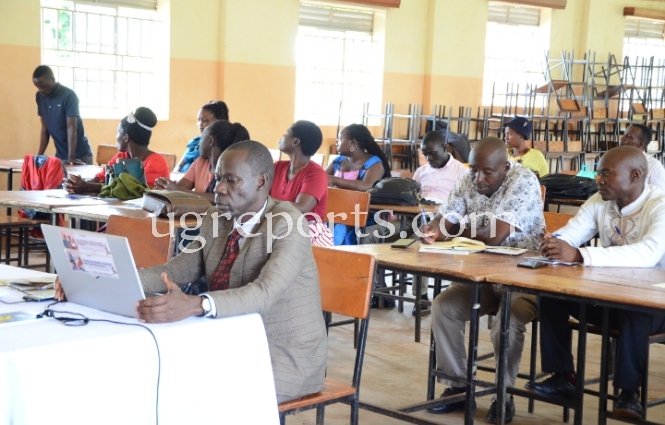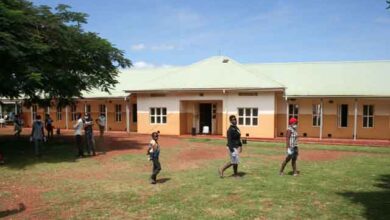Masindi: Organized absenteeism hindering health services
"They collaborate with their colleagues to cover them up while they have gone for meetings, private work, or seminars, something that affects the quality of service offered to the people," he said

By Our Reporter
Masindi: A survey conducted by community-based monitors under Community Driven Network (CODNET) Uganda in the 12 health facilities in Masindi district indicates that there’s organized absenteeism in most of the health facilities, something that is hampering service delivery.
Speaking during an engagement with the district leaders at the end of this project at Education Hall, Bosco Nek, the acting executive director of CODNET Uganda, explained that most health workers absent themselves and go to do other things, yet they are supposed to be on duty.
He added that the absenteeism is even known by their immediate bosses, but action has been taken against the people practicing it.
“They collaborate with their colleagues to cover them up while they have gone for meetings, private work, or seminars, something that affects the quality of service offered to the people,” said Nek.
He also noted that health facilities like Masindi Hospital and Bwijanga Health Centre IV are charging illegal fees, especially from mothers delivering by cesarean section, something he said is also deterring mothers from delivering from the health facilities.
Nek further noted that a number of health facilities are still lacking delivery beds and enough health workers to effectively serve the people.
“Delayed drug supply, lack of enough staff quarters, late arrivals, and early departures of some health workers are also still big challenges in the health sector in Masindi, which needs the immediate intervention of the district leadership,” Nek added.
James Mudede, the LCIII chairperson for Bwijanga Sub County, expressed his concern over some health workers who claim to be untouchables because they have godfathers.
“Some health workers have reached an extent of rejecting transfers because of the godfathers. Someone is transferred but refuses to go. What do you do as a leader at the sub county level?” he asked.
He also called for the induction of the health unit management committees, noting that most of them don’t know what to do, yet they’re the first supervisors of these health workers.
“Most of them are easily silenced because they are not empowered enough to superintend over the health workers. The district must make it a priority to induct them into their roles,” explained Mudede.
In his response, the representative of the district health officer, Masindi William Mugayo, confirmed that most of the health facilities were still facing a number of challenges, especially in the Greater Bwijanga and Budongo subcounties.
He also faulted the health unit management committees for failing to help the DHO’s office, especially in addressing the issue of absenteeism, which is increasing day after day.
“It should be up to these committees to address this because it’s always on the ground. People on the ground should own these facilities and openly face off with health workers who are absent themselves. Residents and the management committees should always openly come out and tell the DHO’s office about issues happening on the ground,” he appealed.
Representing the LCV chairperson, Cosmas Byaruhanga, Simon Byaruhanga, the district youth councilor, faulted the district health department for the laxity, saying the department has well-facilitated health inspectors but they are not executing their mandate.
“We have a challenge of management in the health sector, and the DHO needs to handle inspection keenly because it’s very key,” he noted.
Nora Basemera, the project officer for CODNET Uganda, said that the 12-month project, which started in January this year with funding from USAID and the East West Management Institute, aimed at strengthening citizens’ inclusion and engagement in the health sector decision-making process in Masindi district.
“We have also strengthened capacity for 12 health management committees and contributed towards improved citizens’ participation in the decision-making process in the health sector,” she noted.
Do you have a story about your community or an opinion to share with us? Email us at theugreports@gmail.com.






